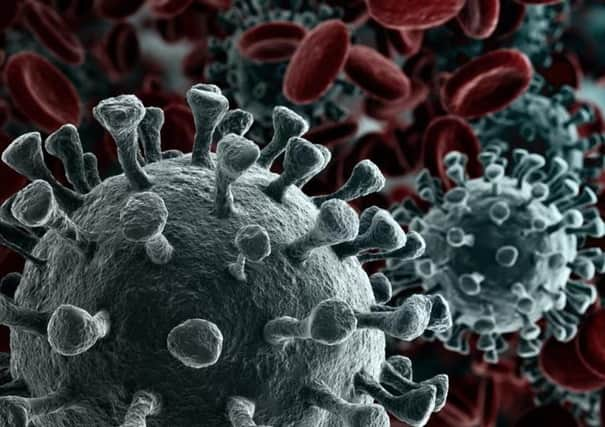QUB virology Prof: ‘Everyone may get infected with Coronavirus eventually ... slowing it down buys time to prepare’ - COVID-19


The proportion dying from the virus globally appears low – between 1% and 2% – but the figures could turn out to be higher or lower. A World Health Organisation examination of 56,000 patients suggests only 6% of those infected become critically ill; 14% severely ill and 80% mildly ill. Older people, and those with pre-existing medical conditions are more likely to become severely ill.
Bert Rima, emeritus professor in virology at Queen’s, told the News Letter that those infected will develop an immunity “but this wanes very quickly and so reinfection becomes a possibility, which has already been seen in China”.
Advertisement
Hide AdAdvertisement
Hide AdHowever, the evidence so far indicates that people who recover will not then be infectious.


It may be the case that a suppression strategy can only slow the virus and that everyone will get infected eventually when such measures are lifted.
“That may be true but ... when the measures are lifted we could potentially come back to a containment situation where we are able to trace and control the situation by a rigorous testing regime,” he said.
There is a choice to be made in prioritising the economic impact against health concerns, he said, but uncertainty about long-term immunity, the slow development of a vaccine and the potential for some treatment that mitigates the most serious cases tips the balance in favour of containing the virus at present.
Advertisement
Hide AdAdvertisement
Hide Ad“Letting the virus rip would almost certainly cost over 200,000 lives, primarily in the elderly who also have other conditions. It would show up a total unpreparedness in the NHS.”
Economic preservation might have been why the UK chose to try “herd immunity” – generating widespread immunity in younger people – but he added that “the realisation that the NHS would not be able to cope thwarted this strategy”.
A vaccine is at least a year or 18 months away, he said. And it cannot be assumed that summer weather will slow the spread as other viruses such as SARS and MERS transmit well in higher temperatures. It may help that people are indoors less in the summer, but at best this will slow down transmission.
One argument in favour of closing schools, apart from reducing transmission, is that children carry higher concentrations of the virus and could potentially spread the disease more efficiently.
Advertisement
Hide AdAdvertisement
Hide Ad‘Superspreaders’ have been observed in a few cases where a very short contact led to 15 or more people being infected, he noted. In such cases the method of spread looks more like the virus is “in very small particles that stay afloat in the air” rather than sinking quickly and settling onto surfaces. This is why people are advised to say two-four metres apart and regularly wash their hands, he added.